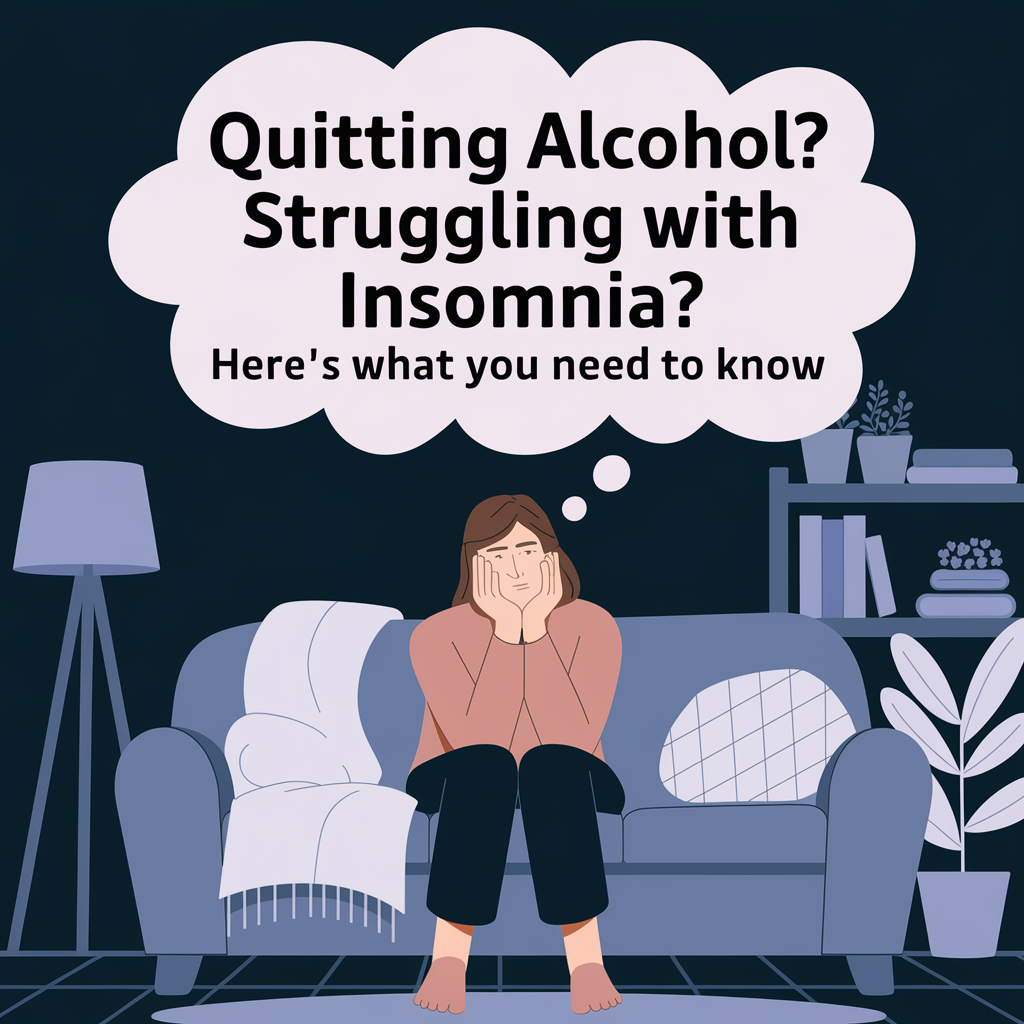
Our Mission to Help You Sleep Better
If you’ve ever tossed and turned at night, staring at the ceiling, wondering if you’ll ever fall asleep, then you’re not alone. Here at Sleep Ocean, we understand how frustrating sleep problems can be because we’ve been there ourselves. From dealing with insomnia to waking up with painful stiffness from bad sleep posture, we’ve faced a wide range of sleep issues—and we know how much they can impact your daily life.
That’s why we created Sleep Ocean: to provide real, practical solutions for people like us who just want a good night’s sleep. Our mission is simple—help you sleep better by offering advice, tips, and recommendations for the best sleep products out there. Whether you’re dealing with trouble falling asleep, waking up in pain, or struggling to stay asleep, we’re here to guide you with firsthand experience and trusted advice.
On our site, you’ll find everything from product reviews on mattresses, pillows, and sleep aids to tips on how to beat insomnia and improve your sleep quality. And since we know that everyone’s sleep needs are different, we cover a wide range of solutions so that you can find what works best for you.

Common Sleep Issues We’ve Faced and How We Overcame Them
At Sleep Ocean, we know that sleep issues can come in many forms because we’ve struggled with them ourselves. Whether it’s trouble falling asleep, waking up in pain, or not feeling rested after a full night of sleep, we’ve been through it all. Understanding these challenges firsthand is why we’re so passionate about helping others find solutions.
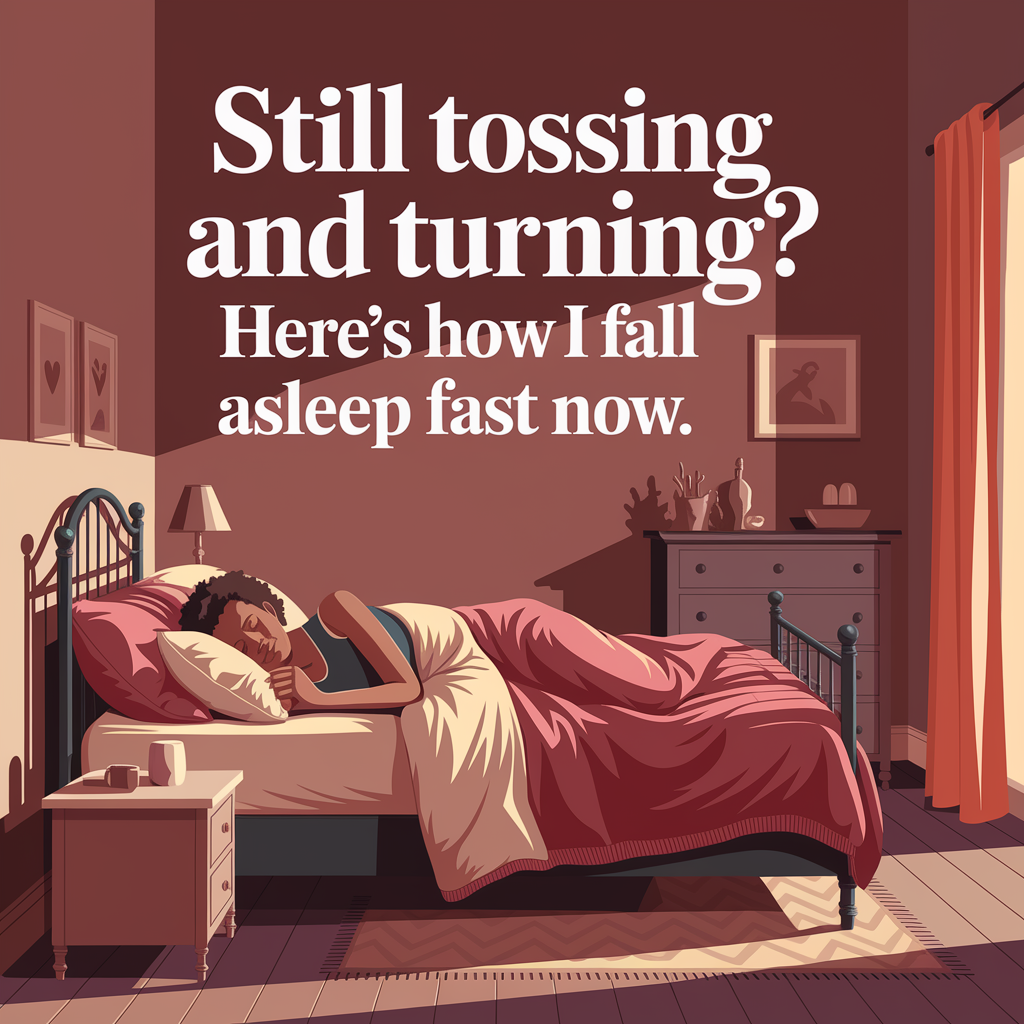
Here are some of the most common sleep problems many of us face—and what we’ve discovered that works:
1. Insomnia:
Insomnia is one of the most frustrating sleep disorders. Whether it’s difficulty falling asleep, staying asleep, or waking up too early, insomnia can leave you exhausted and anxious the next day. I’ve spent nights where no matter how tired I felt, sleep just wouldn’t come. Say goodnight to insomnia once and for all!
What helped:
- Creating a strict sleep routine where I go to bed and wake up at the same time each day.
- Limiting screen time an hour before bed to reduce blue light exposure.
- Trying natural sleep remedies like melatonin or chamomile tea.
- Relaxation techniques, like deep breathing or listening to calming music, also made a difference.
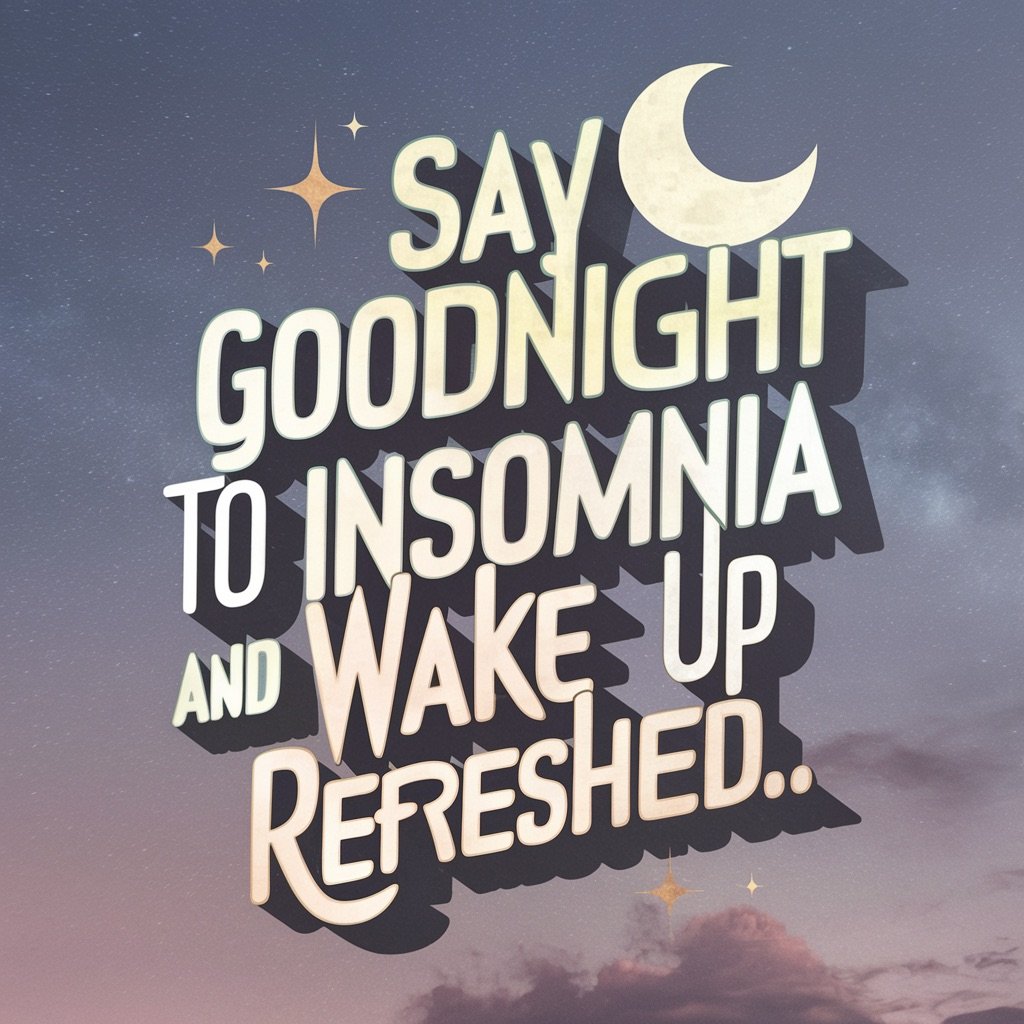
2. Sleep-Related Pain:
Waking up with a stiff neck or sore back is a sure sign that something’s wrong with your sleeping posture or the support from your mattress and pillow. I’ve had mornings where it felt like my sleep caused more pain than it relieved.
What helped:
- Switching to a supportive mattress that aligns the spine properly was a game-changer.
- Using a pillow suited to my sleeping position (side, back, or stomach).
- Practicing gentle stretching in the morning to loosen up tight muscles.
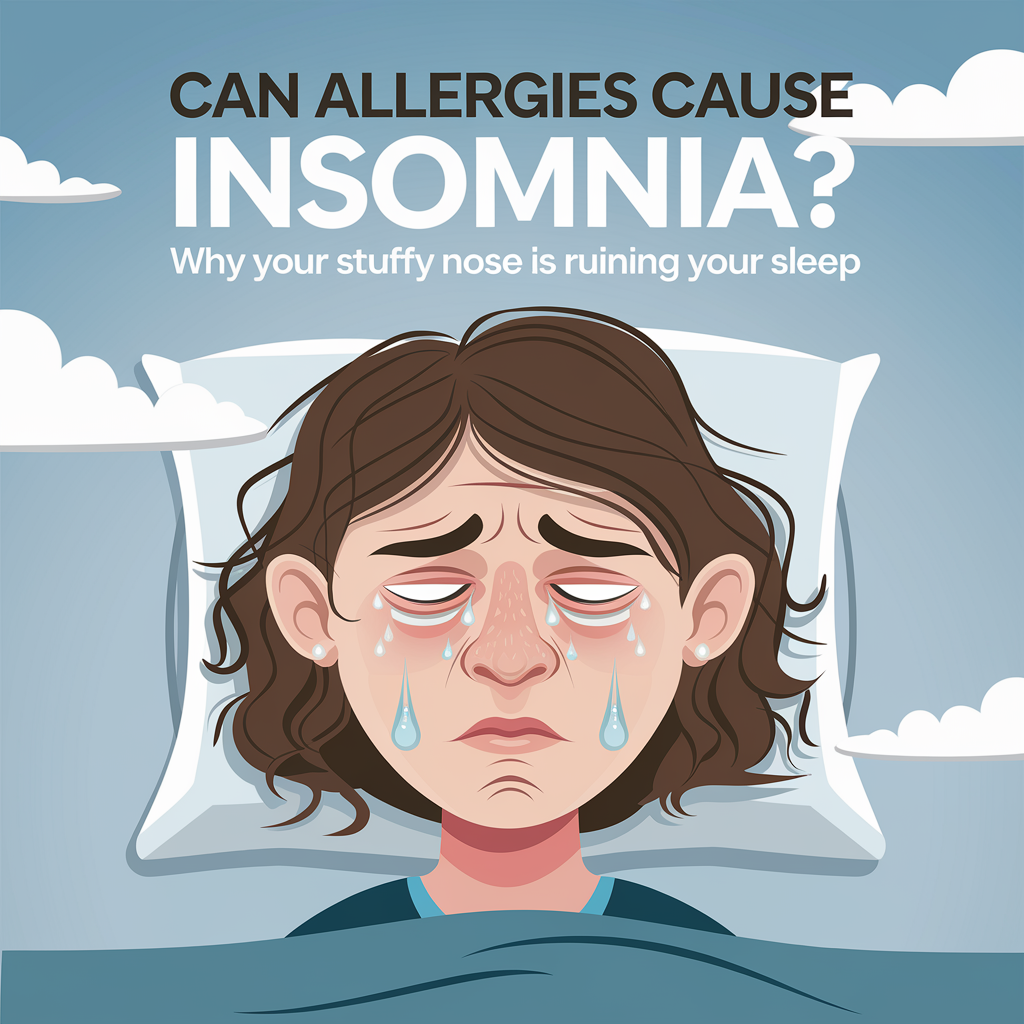
3. Restlessness:
Restlessness, whether it’s from anxiety, stress, or just being unable to wind down at night, can make sleep elusive. I’ve had nights where my body felt exhausted, but my mind wouldn’t stop racing.
What helped:
- Establishing a wind-down routine with activities like reading or taking a warm bath.
- Reducing caffeine intake in the afternoon.
- Using white noise machines or meditation apps to drown out distractions and focus on relaxation.
Did you know… Sleep Apnea is very dangerous and can actually kill you. Please take it seriously!
4. Irregular Sleep Patterns:
Many of us struggle with maintaining consistent sleep patterns due to lifestyle changes, work schedules, or stress. I’ve personally battled this when juggling different responsibilities. You may be one that snores, in that case we have a great guide just for that! Check out how this affordable mouth guard from Amazon helped with snoring!
What helped:
- Prioritizing consistent bedtimes and wake times, even on weekends.
- Avoiding late-night meals or snacks that might disturb sleep.
- Practicing better sleep hygiene, like keeping the bedroom dark, cool, and comfortable.
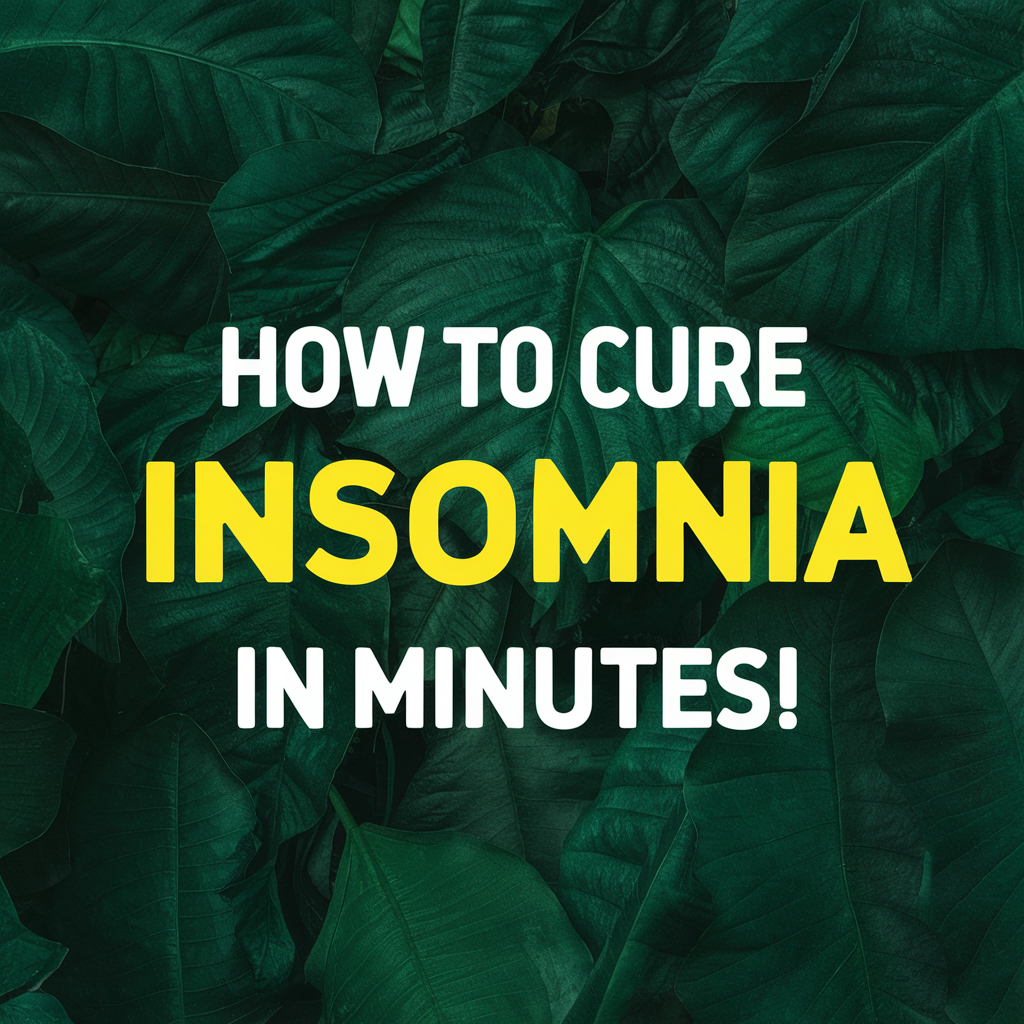
Best Products to Help Improve Your Sleep Quality
One thing I’ve learned from my own sleep struggles is that the right products can make all the difference. At Sleep Ocean, we’ll be diving deep into the best sleep products available, sharing our personal experiences with them so you can make informed choices. From finding the perfect mattress to selecting the right pillow, the products you use can significantly impact your overall sleep quality.
Here are some of the top products that have helped me sleep better:
1. Mattresses
A poor-quality mattress can lead to sleepless nights and painful mornings. I used to think any mattress would do the job, but after waking up sore for weeks, I knew something needed to change. A supportive mattress made for your sleep style can really transform the way you rest.
What to look for:
- Memory foam mattresses: These are great for pressure relief and support, especially if you sleep on your side or back.
- Hybrid mattresses: A combination of foam and springs, offering more support for those who experience back pain or need firmer options.
Switching to a mattress that fit my body and sleeping habits reduced the pain I used to wake up with. Stay tuned for our in-depth mattress reviews on Sleep Ocean, where we’ll help you find the best fit.
2. Pillows
The right pillow is just as important as your mattress. I used to wake up with neck pain and headaches, until I found out that the pillow I was using didn’t properly support my sleeping position. Whether you’re a side sleeper, back sleeper, or stomach sleeper, choosing the correct pillow can eliminate these issues.
What to look for:
- Side sleepers: Opt for a thicker pillow to keep your head aligned with your spine.
- Back sleepers: Choose a medium-height pillow for balanced support.
- Stomach sleepers: Go for a softer, thinner pillow to reduce strain on your neck.
Finding the right pillow for my sleep style made a world of difference in my comfort level and overall sleep quality.

3. Sleep Aids and Gadgets
If you struggle with insomnia or waking up frequently, certain sleep aids and gadgets can help. These products have been instrumental in helping me fall asleep faster and stay asleep throughout the night.

What helped me:
- White noise machines: Block out background noises, helping me relax and drift off to sleep.
- Weighted blankets: They provide a sense of comfort and security, reducing anxiety and helping me sleep more deeply.
- Smart sleep trackers: These devices monitor sleep patterns, offering insight into how much rest I’m really getting and where I can improve.
- Loud Fan: Sleeping with a loud fan is a must for me, I simply cannot sleep without one!
- Sleeping Sound Tracks designed especially for helping you fall asleep.
In future product reviews on Sleep Ocean, I’ll share more details on which sleep gadgets truly make a difference, and which ones might just be overhyped.

Dealing with Insomnia: Practical Tips and Remedies
Insomnia is one of the most frustrating sleep issues to deal with, and I’ve had my fair share of sleepless nights. Whether it’s lying in bed for hours unable to fall asleep or waking up in the middle of the night and struggling to get back to sleep, insomnia can leave you feeling drained and anxious the next day. Over time, I’ve tested different strategies, and while insomnia still occasionally strikes, these practical tips have made a real difference.
1. Establish a Sleep Routine
Consistency is key when it comes to managing insomnia. Going to bed and waking up at the same time every day—even on weekends—has been one of the most effective ways for me to get my body into a sleep rhythm. I used to think a strict sleep schedule wouldn’t help, but it did. Your body loves routines, and sticking to one signals your brain that it’s time to wind down.
2. Wind Down Before Bed
I used to jump straight into bed after a long day, thinking I’d fall asleep immediately. But our brains don’t work like that—they need time to slow down and switch gears. Creating a relaxing wind-down routine before bed helps me transition into sleep mode. Here’s what worked for me:
- Limit screen time: Blue light from phones and computers can mess with your sleep. I try to avoid screens at least an hour before bed.
- Reading a book: Instead of scrolling on my phone, I spend a few minutes reading something calming.
- Mindful breathing: Deep breathing or meditation helps calm my mind and eases tension before bed.
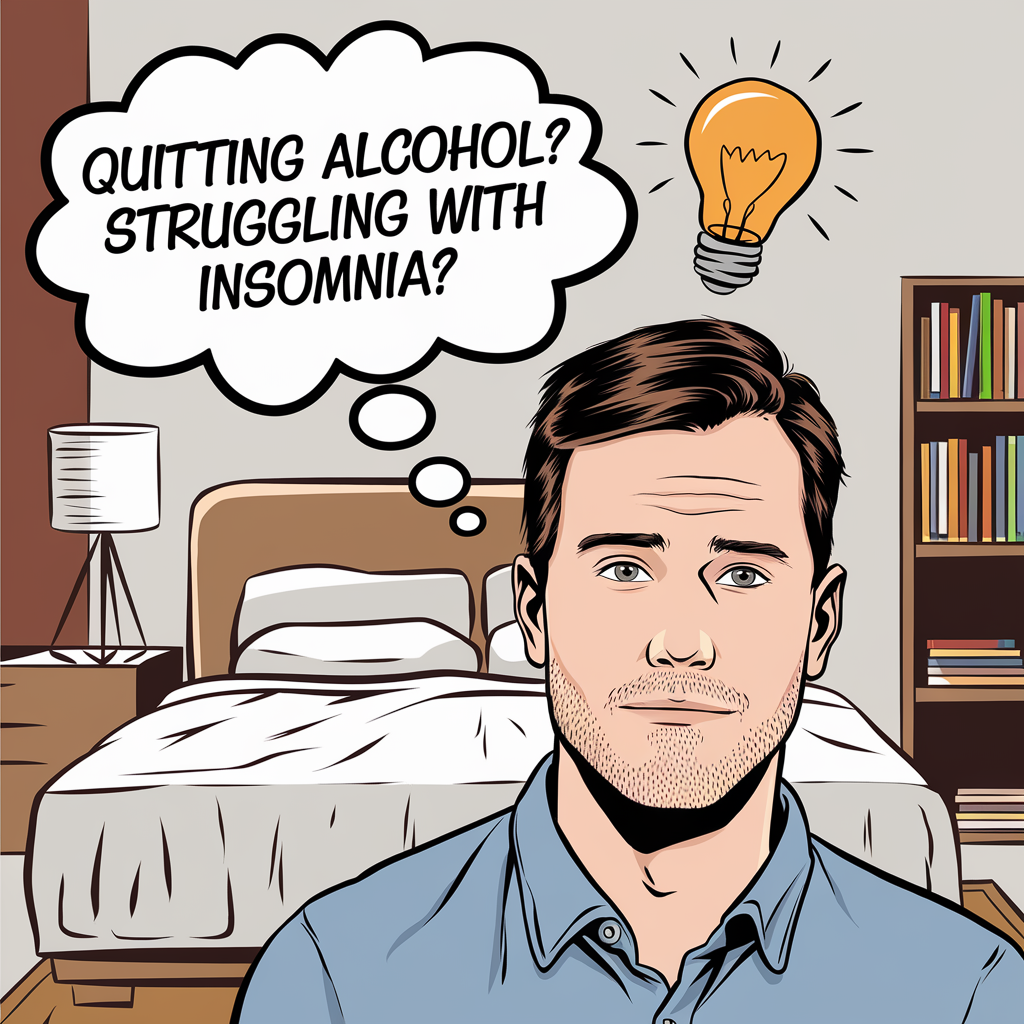
3. Natural Sleep Remedies
While I didn’t want to rely on medication to help me sleep, I’ve found some natural remedies that work wonders for sleepless nights. Here are a few I’ve tried:
- Melatonin supplements: A natural hormone that regulates sleep, melatonin can help reset your sleep cycle. I found it particularly helpful when dealing with jet lag or temporary sleep disturbances.
- Herbal teas: Chamomile or valerian root tea are soothing options that help me relax before bed.
- CBD oil: I’ve also found CBD to be effective in reducing anxiety and promoting deeper sleep, without any of the side effects of traditional sleep aids.
4. Reduce Caffeine Intake
Caffeine was one of my biggest sleep disruptors, and it took me a while to realize it. I used to drink coffee or tea in the afternoon, thinking I’d burn off the energy before bedtime. But caffeine stays in your system longer than you think, and it can easily interfere with sleep. Now, I avoid caffeine in the late afternoon and evening, which has helped reduce those restless nights.

5. Create a Sleep-Friendly Environment
Making your bedroom a peaceful, sleep-friendly environment can be a game-changer for insomnia. For me, this meant:
- Keeping my room cool and dark.
- Investing in comfortable bedding and a quality mattress.
- Using a white noise machine to block out distractions.
6. Mindfulness and Relaxation Techniques
Stress and anxiety are often the root causes of my insomnia. When I feel my mind racing at night, I’ve found that practicing mindfulness or relaxation techniques can help me relax enough to drift off. Here are some techniques I use:
- Progressive muscle relaxation: Tensing and then releasing each muscle group helps relieve built-up tension.
- 4-7-8 Breathing: This technique involves breathing in for 4 seconds, holding for 7, and exhaling for 8. It helps calm my nervous system and ease me into sleep.

How to Relieve Sleep-Related Pain (Neck, Back, and Shoulder Pain)
Waking up with neck, back, or shoulder pain is one of the worst ways to start the day. For a long time, I struggled with this and assumed it was just a part of getting older or working long hours. But I soon realized that my sleeping position, pillow, and mattress were playing a much bigger role in the pain I was waking up with. Over time, I made some changes that drastically improved my comfort and reduced pain during and after sleep.
1. Pillow Support for Neck Pain
Neck pain was something I dealt with regularly, and it turns out that using the wrong pillow was a major culprit. Your pillow needs to properly support your neck to keep your spine aligned while you sleep. Here’s what helped me:
- Side Sleepers: A thicker pillow that fills the space between your head and shoulder is ideal. This helps keep your neck aligned with your spine.
- Back Sleepers: A medium-height pillow works best, offering support without pushing your neck too far forward.
- Stomach Sleepers: A thinner, softer pillow is essential. Too thick of a pillow can strain your neck as you sleep.
After switching to a supportive pillow suited for my sleeping style, I noticed a significant reduction in my neck pain. If you’re struggling with similar issues, we’ll be reviewing the best pillows for each sleeping position on Sleep Ocean.
2. Choosing the Right Mattress for Back and Shoulder Pain
Back and shoulder pain often comes from sleeping on a mattress that doesn’t properly support your body’s natural curves. I had been sleeping on an old mattress that had lost its firmness, which caused my back to sink too deeply and put pressure on my spine. Once I upgraded to a better mattress, my back pain began to ease.
Key factors to consider for reducing pain:
- Firmness level: A medium-firm mattress generally provides the right amount of support for back pain sufferers. It helps keep the spine in alignment while still offering enough comfort to relieve pressure points.
- Mattress type: Memory foam and hybrid mattresses (which combine foam with springs) can be great options for people with back pain. They conform to your body while offering the support your spine needs.
Personally, switching to a hybrid mattress gave me the balance of comfort and support I needed. If you’re waking up with back or shoulder pain, keep an eye out for our mattress reviews on Sleep Ocean, where we’ll be diving into which ones are best for pain relief.
3. Correcting Your Sleep Posture
Improper sleep posture can be a hidden cause of sleep-related pain. It wasn’t until I paid attention to my sleeping position that I realized how much it was affecting my comfort. Here’s what I learned:
- Side sleeping: This position is best for reducing back and neck pain, especially when combined with a supportive pillow. Just make sure your spine stays straight and your knees are slightly bent.
- Back sleeping: This can also be great for pain relief, but only if your pillow isn’t too high, which could throw your neck out of alignment.
- Stomach sleeping: Unfortunately, this position can strain your neck and back. If you’re a stomach sleeper, try transitioning to sleeping on your side or back to relieve pain.
I started paying more attention to how I was positioning myself before falling asleep, and it made a noticeable difference. Small adjustments can really help!
4. Stretching and Morning Routines
Stretching has become a crucial part of my morning routine, especially after nights where I wake up feeling a little stiff. Gentle stretches targeted at the neck, shoulders, and back can help loosen muscles and get rid of lingering tension from sleep. I now make it a habit to do a few stretches each morning, and it helps ease any tightness or discomfort I feel upon waking up.
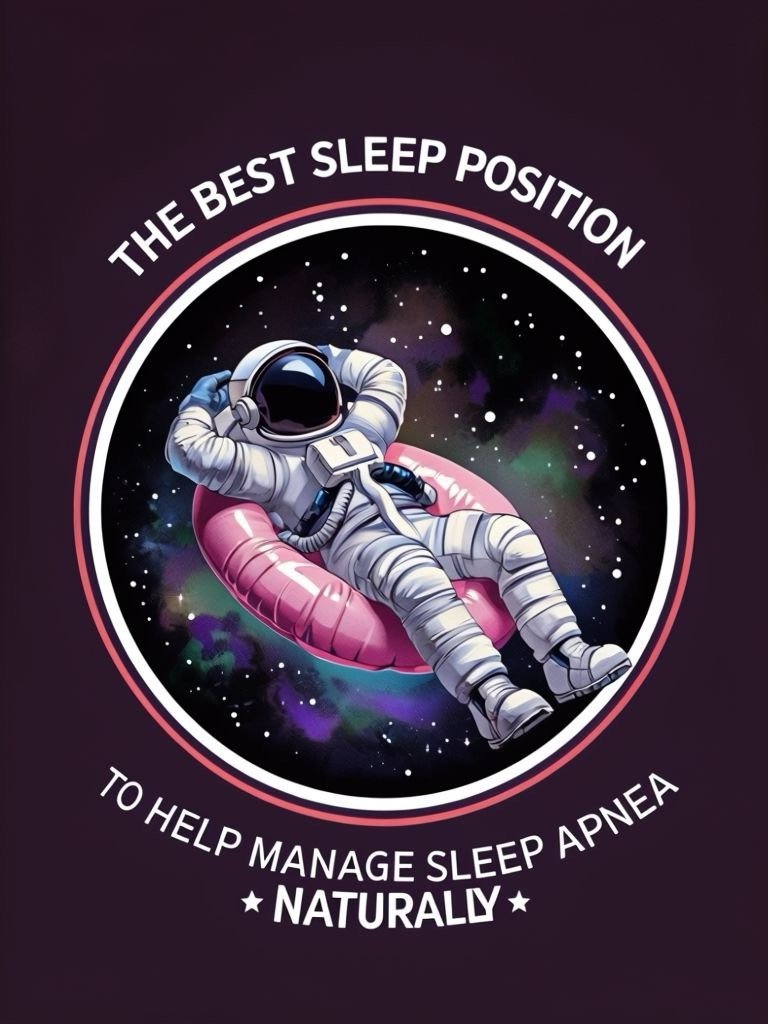
Improving Your Sleep Environment: What Really Works
One of the biggest lessons I’ve learned in my journey to better sleep is that your sleep environment plays a massive role in how well you rest. It’s not just about having the right mattress or pillow (though those are crucial); it’s about setting up your entire bedroom in a way that promotes relaxation and signals to your brain that it’s time to sleep. Over time, I’ve made several changes to my own bedroom that have improved my sleep quality significantly, and I’m excited to share what worked for me.
1. Temperature Control
It’s amazing how much the temperature of your room can affect your sleep. I used to wake up sweating or feeling restless because my bedroom was too warm. Studies show that a cool room (around 60-67°F) is the ideal temperature for sleep.
What helped me:
- Adjustable fans: Having a fan helped me maintain the perfect temperature, and the gentle noise also acts as a white noise machine.
- Breathable bedding: Switching to light, breathable cotton sheets made a difference in keeping me cool throughout the night.
2. Lighting
Lighting can have a huge impact on sleep quality, especially when it comes to blue light exposure from phones, tablets, or laptops. Blue light messes with melatonin production, making it harder for your body to wind down.
My approach:
- Dim lighting before bed: I added dim, soft lighting to my room to help signal to my brain that it’s time to wind down. Avoiding bright lights before bedtime is crucial.
- Blackout curtains: These were a game-changer for me. If outside light tends to keep you awake, investing in blackout curtains can make your room completely dark, which promotes deeper sleep.
- Eliminating screen time: I started reducing screen time at least 30 minutes before bed. Now, instead of scrolling on my phone, I read a book or do some deep breathing exercises.
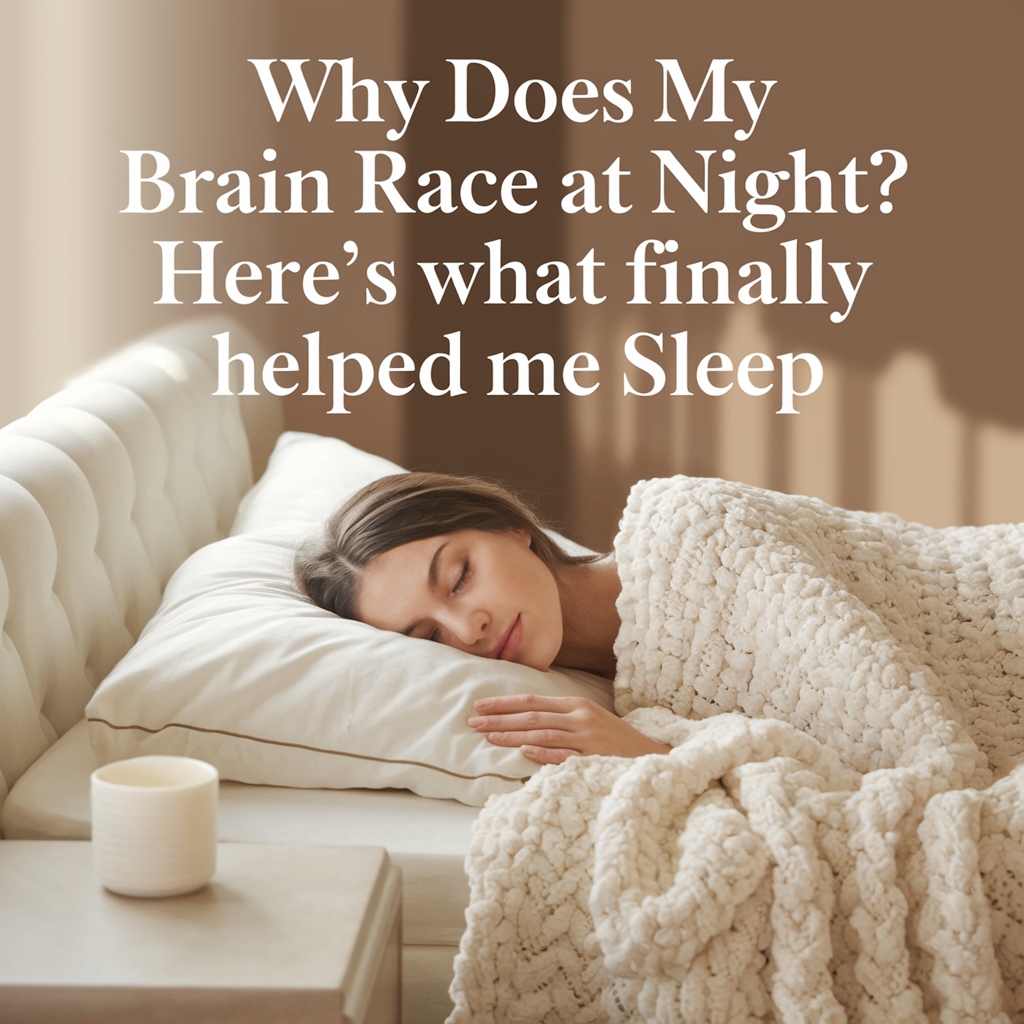
3. Noise Control
If you’re a light sleeper like I am, even the smallest noise can wake you up in the middle of the night. I used to wake up multiple times, whether it was because of traffic outside or just a creaky house. Now, noise is no longer an issue thanks to some simple solutions.
What worked:
- White noise machines: This has been a lifesaver for me. A white noise machine drowns out background noise and helps me stay asleep. You can also use apps with calming soundscapes like rain or ocean waves.
- Earplugs: If you’re dealing with a particularly noisy environment, earplugs can be a quick and effective way to block out sounds.
- Fan: This is a big must for me, even when traveling! Since I was a child!

4. Air Quality
Another factor that often gets overlooked is air quality. Poor air quality can lead to congestion, allergies, and restless nights. I discovered that my bedroom had a higher level of dust and allergens, which was affecting my sleep quality.
My solution:
- Air purifiers: After installing an air purifier in my room, I noticed an immediate improvement in how I felt when waking up. My allergies were reduced, and I was breathing easier throughout the night.
- Humidifiers: Dry air can cause sore throats or dry skin in the morning. Adding a humidifier during the colder months helped maintain comfortable moisture levels in the air.
5. Clutter-Free and Calm Environment
Your surroundings have a psychological effect on your ability to relax and fall asleep. For me, a cluttered, messy bedroom made it harder to fully unwind.
What helped:
- Minimalist décor: I simplified my bedroom by removing unnecessary clutter and keeping only the essentials. This created a more calming, peaceful atmosphere.
- Scent diffusers: Using essential oils like lavender or chamomile in a diffuser helped me create a relaxing vibe before bed. The soothing scent helped me fall asleep faster and wake up feeling more refreshed.
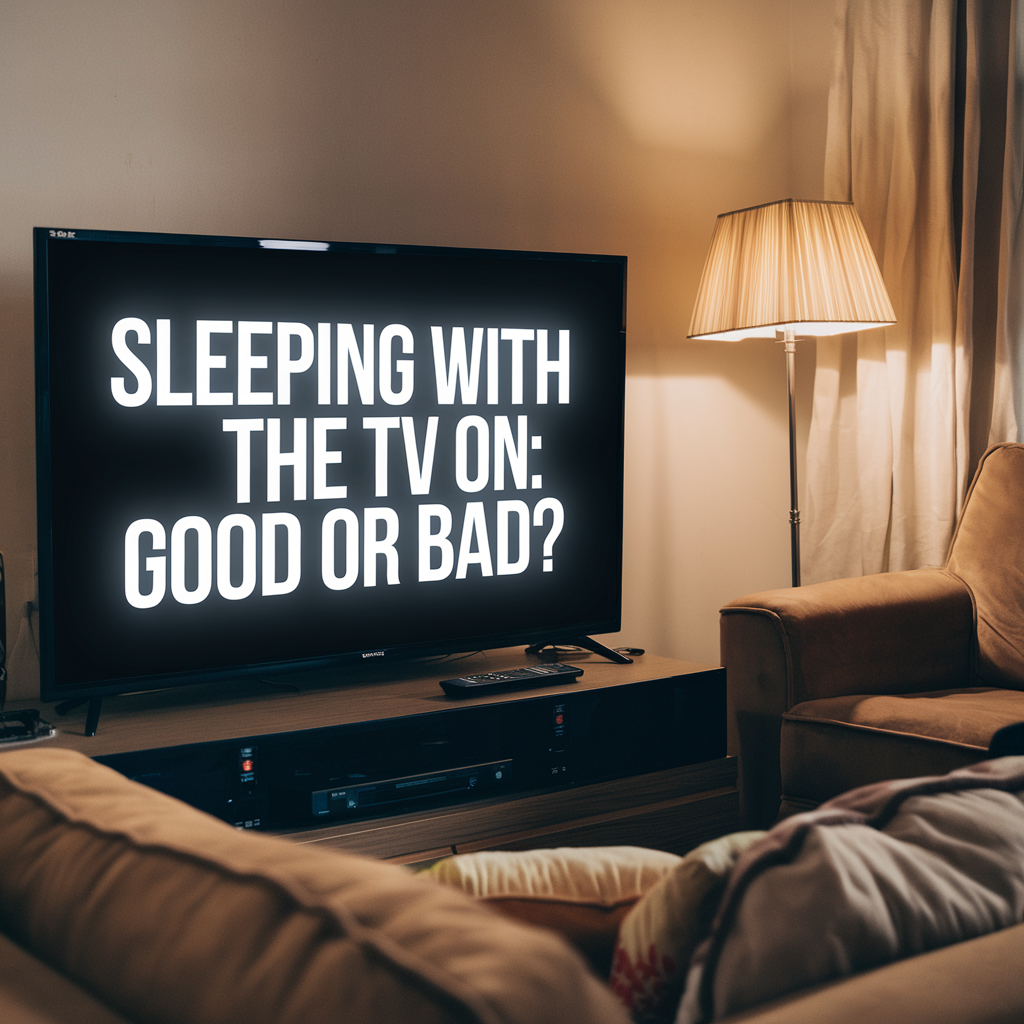
Overcoming Restlessness and Stress-Induced Sleep Issues
For many of us, restlessness and stress are some of the biggest hurdles to getting a good night’s sleep. I’ve had countless nights where my body felt tired, but my mind just wouldn’t stop racing. Whether it’s work stress, family worries, or just the never-ending to-do list, it’s tough to quiet your thoughts and get the rest you desperately need. I’ve tried different strategies over the years to combat this, and I’ve finally found a few that work.
1. Journaling Before Bed
One of the most effective strategies for me has been keeping a journal. It might sound simple, but writing down my thoughts before bed allows me to release the worries that tend to circle in my mind. Whether it’s listing out tomorrow’s tasks or expressing what’s on my mind, journaling helps me feel more organized and less anxious.
How it helps:
- It’s a mental “brain dump”: Once I’ve written something down, I’m less likely to keep thinking about it when I’m trying to sleep.
- Helps identify stress triggers: I can see patterns over time in what’s causing my restlessness and address them during the day.

2. Breathing Exercises and Meditation
Restlessness often comes from a fight-or-flight response, where your body is in a heightened state of alertness. To calm myself down, I started practicing simple breathing exercises that have worked wonders.
What I use:
- 4-7-8 breathing: This technique is simple—breathe in for 4 seconds, hold for 7 seconds, and exhale for 8 seconds. It’s incredibly calming and helps slow my heart rate.
- Mindfulness meditation: I started with just 5 minutes of mindfulness meditation before bed. The goal is to focus on your breathing and let go of intrusive thoughts. It’s helped me to quiet my mind and relax more quickly.
By calming my nervous system through breathwork, I’ve been able to reduce restlessness and fall asleep faster.
3. Progressive Muscle Relaxation
This was a game-changer for me. Progressive muscle relaxation involves tensing each muscle group in your body for a few seconds and then releasing the tension. It works from your toes to your head, and by the time you’ve gone through all the muscle groups, your body is much more relaxed.
How I do it:
- Start with your toes—tense them up for 5 seconds, then release.
- Work your way up: calves, thighs, abdomen, shoulders, arms, and neck.
- By the time I get to my shoulders and neck, I feel much more calm and ready for sleep.
This technique not only helps release built-up physical tension but also shifts my focus from my racing thoughts to my body, promoting relaxation.

4. Reduce Screen Time Before Bed
I used to be guilty of scrolling through social media or watching TV right up until I turned the lights off. However, screen time—especially using devices that emit blue light—can keep your brain alert and make it harder to fall asleep. Now, I avoid screens for at least 30 minutes before bed, which has made a huge difference.
My tips:
- Switch to reading a physical book or listening to audiobooks.
- If I do need to use my phone or laptop at night, I enable blue light filters or wear blue light-blocking glasses.
5. Weighted Blankets for Restless Nights
One of the most surprising discoveries I made was how much a weighted blanket helped me on nights when I couldn’t settle down. The gentle pressure from a weighted blanket provides a sense of comfort and security, which can calm the nervous system and reduce restlessness. It’s like being wrapped in a cozy hug all night long.
Why it works:
- The weight of the blanket provides deep touch pressure, which promotes relaxation and stimulates the production of serotonin, a feel-good hormone.
- It reduces anxiety and helps me stay asleep longer.
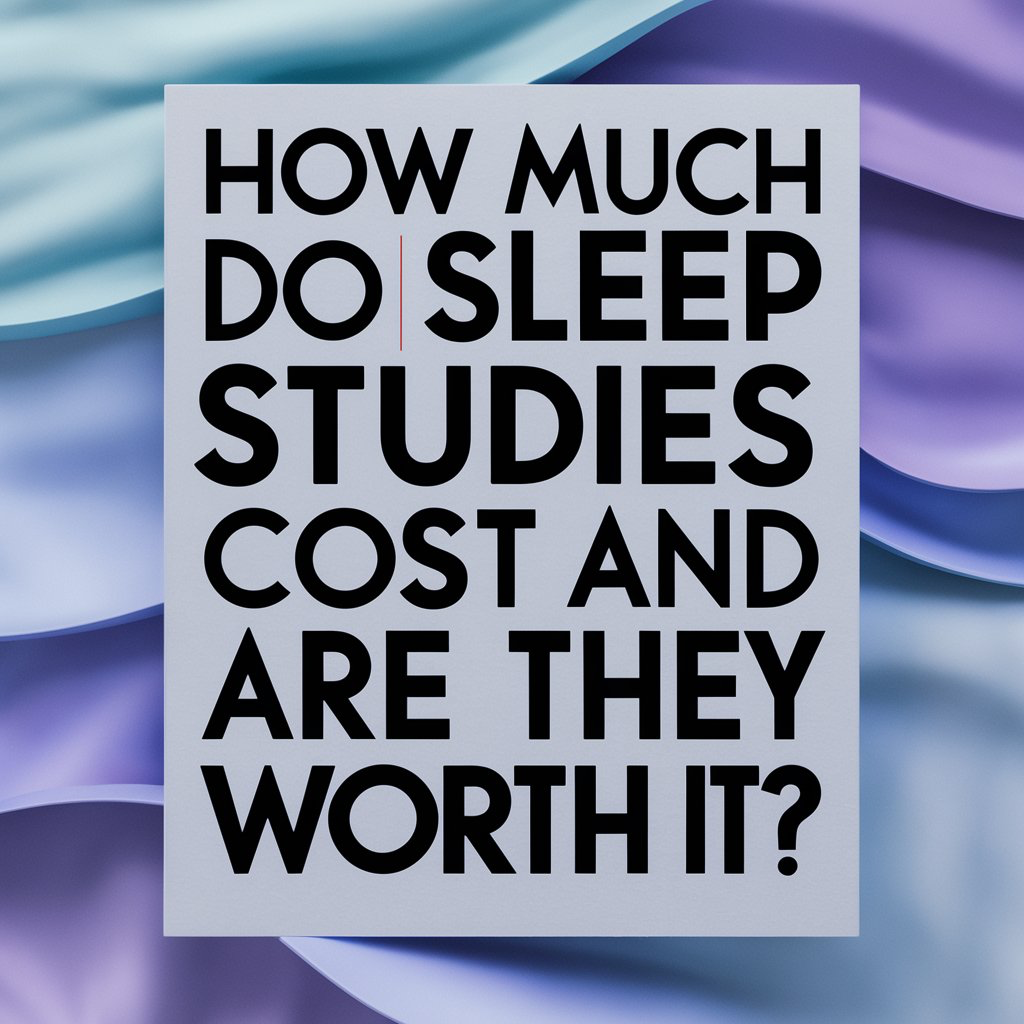
Sleep Ocean Is Here to Help You Sleep Better
At Sleep Ocean, we’re committed to helping you overcome sleep issues and achieve the restful nights you deserve. From personal experience, I understand how difficult it can be to deal with insomnia, restlessness, pain, or even just feeling like you never wake up refreshed. It’s frustrating, and it can affect every aspect of your life. That’s why we’ve created a resource that offers practical tips, expert product recommendations, and real solutions to help improve your sleep.
We’ve covered a lot in this guide—from dealing with insomnia and relieving sleep-related pain to improving your sleep environment and managing restlessness. These aren’t just tips pulled from a book; they’re strategies that have worked for me personally, and I know they can work for you too. Whether you need a better mattress, want to explore sleep aids, or just need some peace of mind before bed, Sleep Ocean is here to guide you.
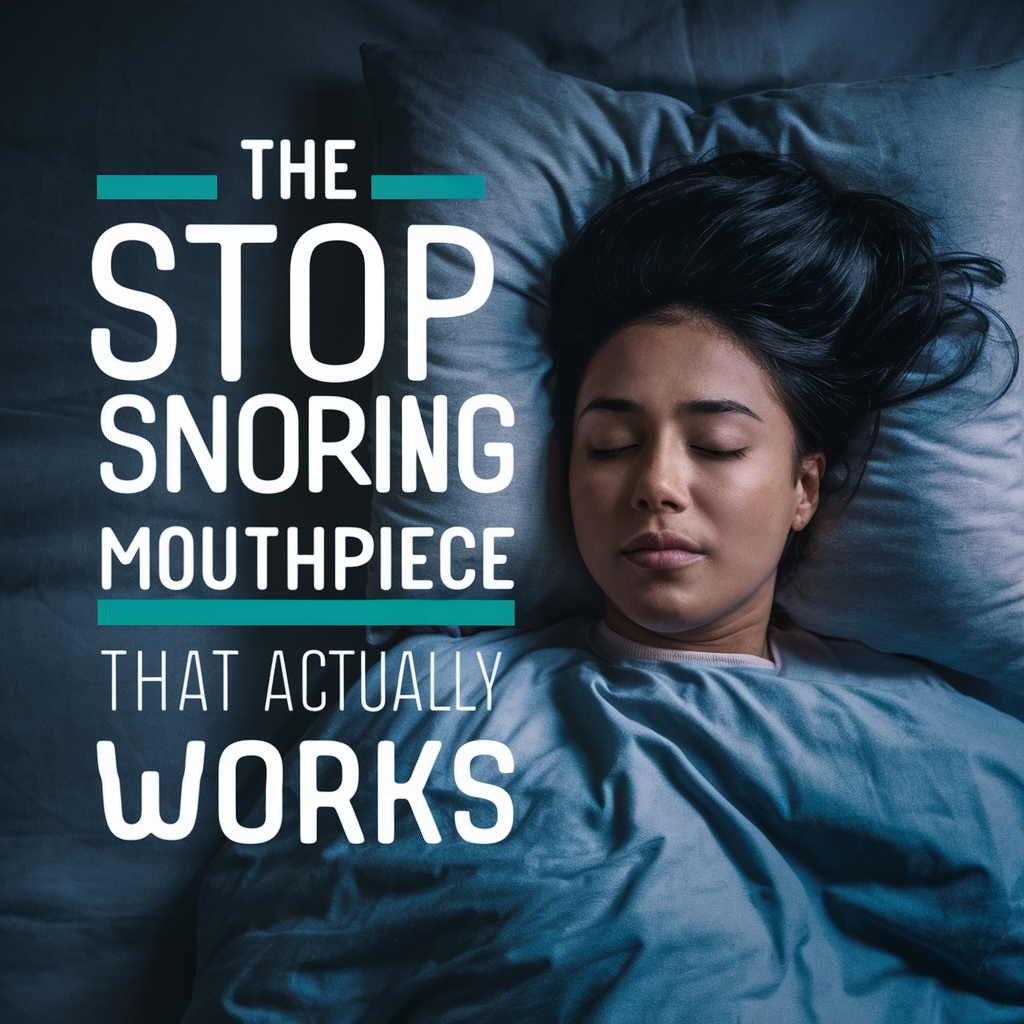
What You Can Expect from Sleep Ocean:
- Product Reviews: Honest reviews on mattresses, pillows, weighted blankets, and other sleep products to help you make informed decisions.
- Sleep Tips and Techniques: Proven tips for creating better sleep habits, managing sleep disorders, and getting better rest overall.
- Solutions for Specific Issues: Whether you’re dealing with insomnia, neck and back pain, or stress-induced restlessness, we’ve got actionable solutions for you.
- A Community of Sleep Seekers: We know sleep issues can feel isolating, but you’re not alone. At Sleep Ocean, we’re building a community of people just like you—those who want to improve their sleep and reclaim their nights.

We’ll continue to explore every corner of sleep health, from reviewing the best sleep gadgets to discovering new ways to improve sleep hygiene. We’re here for you, and we’ll keep sharing our experiences and insights to make sure you’re always equipped with the knowledge you need for a good night’s rest.
If sleep is something you’ve struggled with, we invite you to dive deeper into Sleep Ocean and explore our growing collection of resources. Together, we’ll find solutions that work for you, so you can wake up feeling refreshed and ready to take on the day.
Here’s to better sleep, peaceful nights, and more energized mornings!

As an Amazon Associate we earn from qualifying purchases through some links in our articles.

